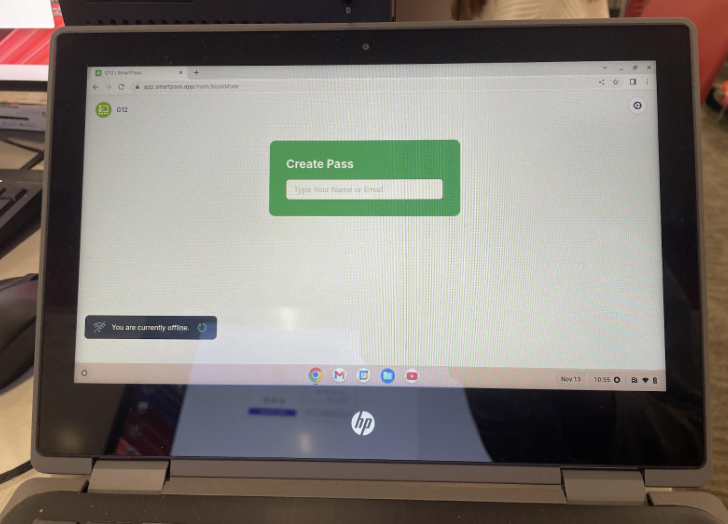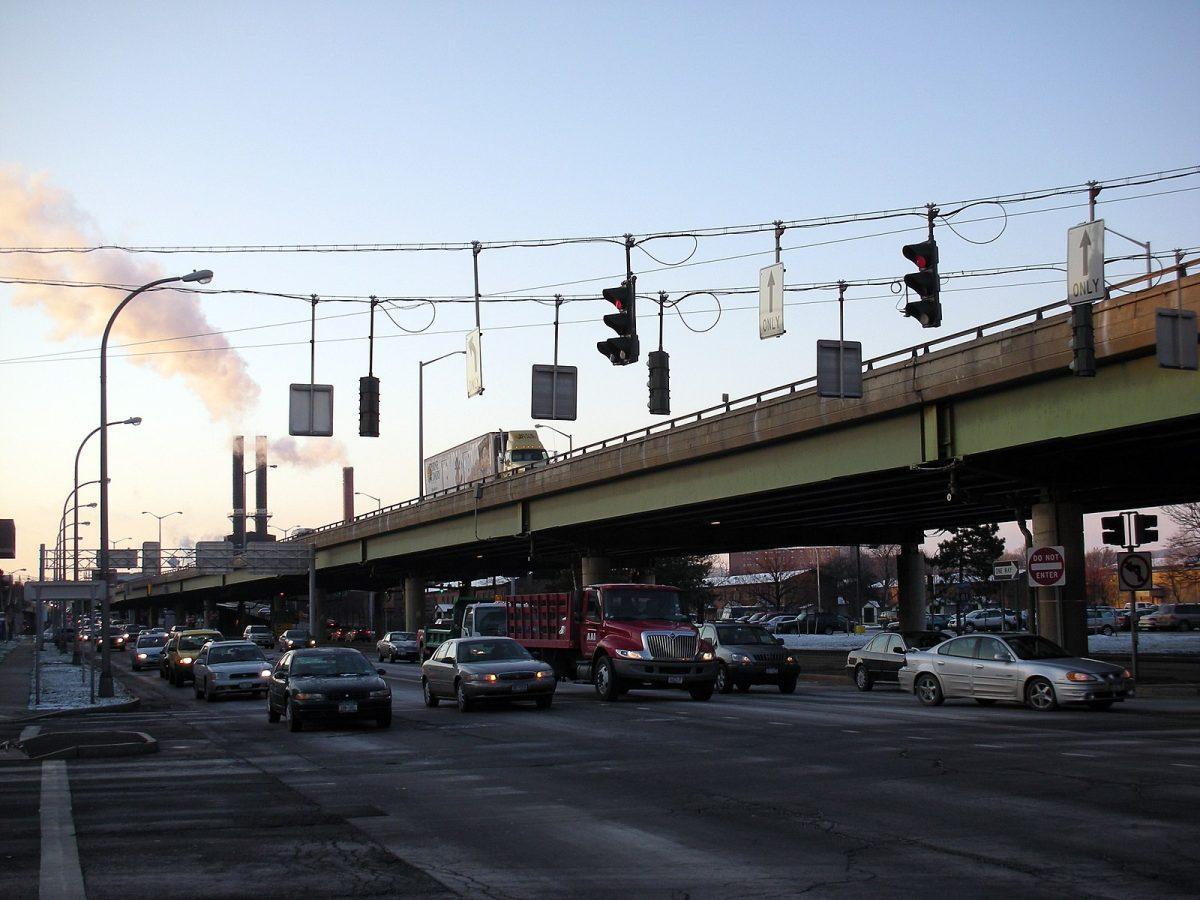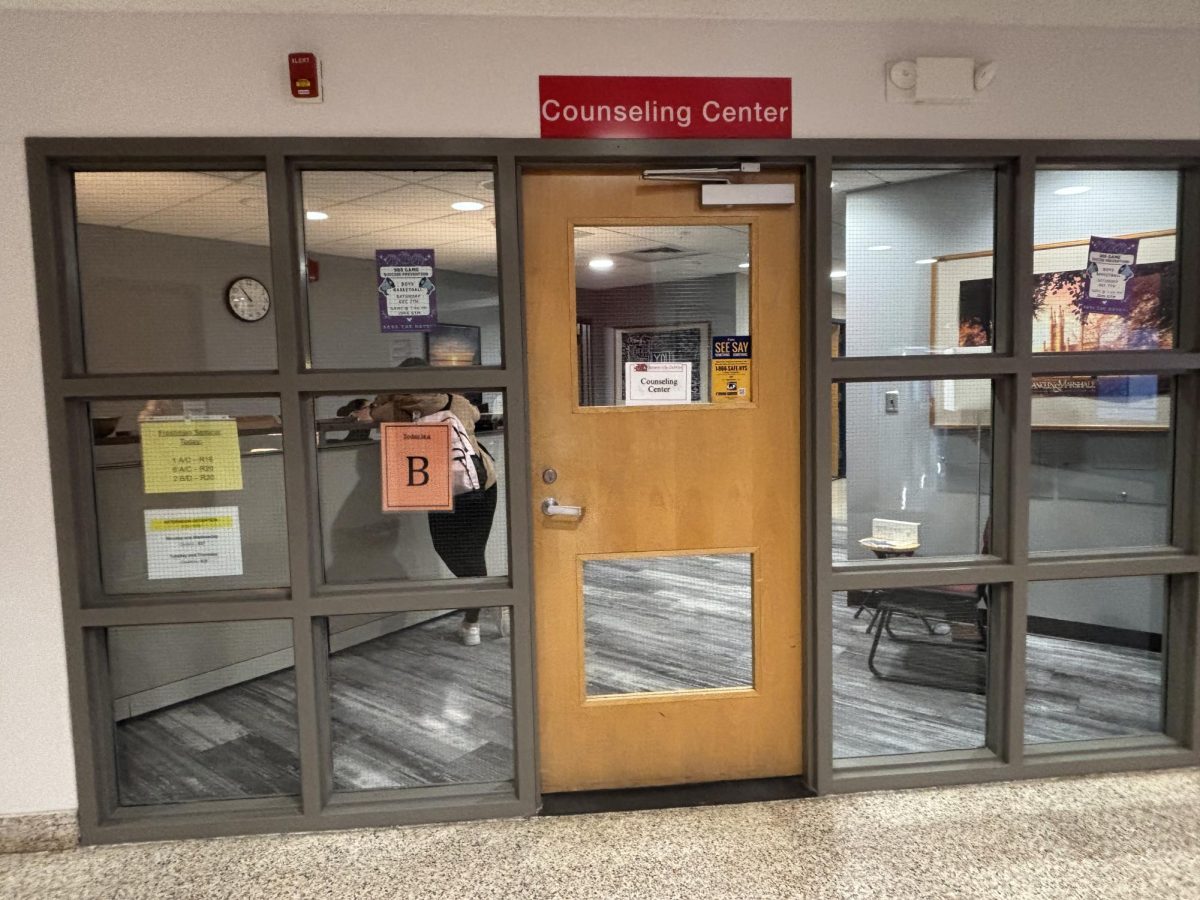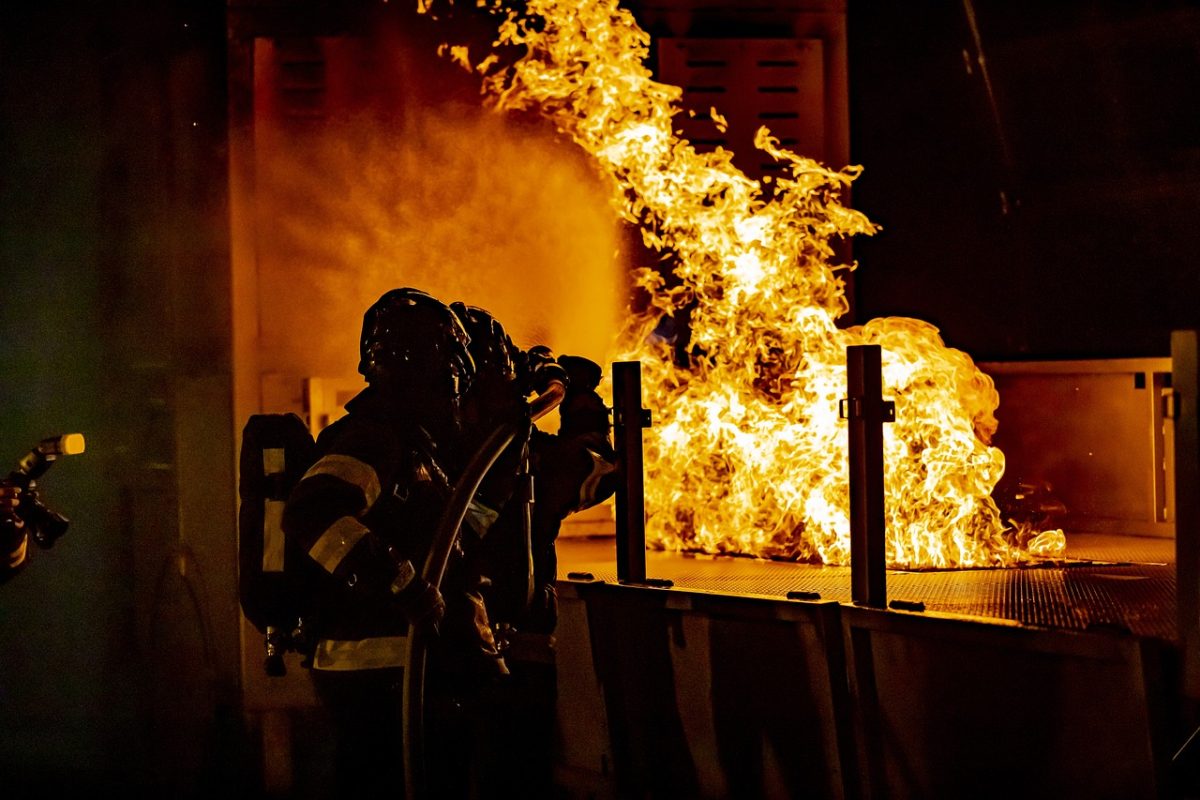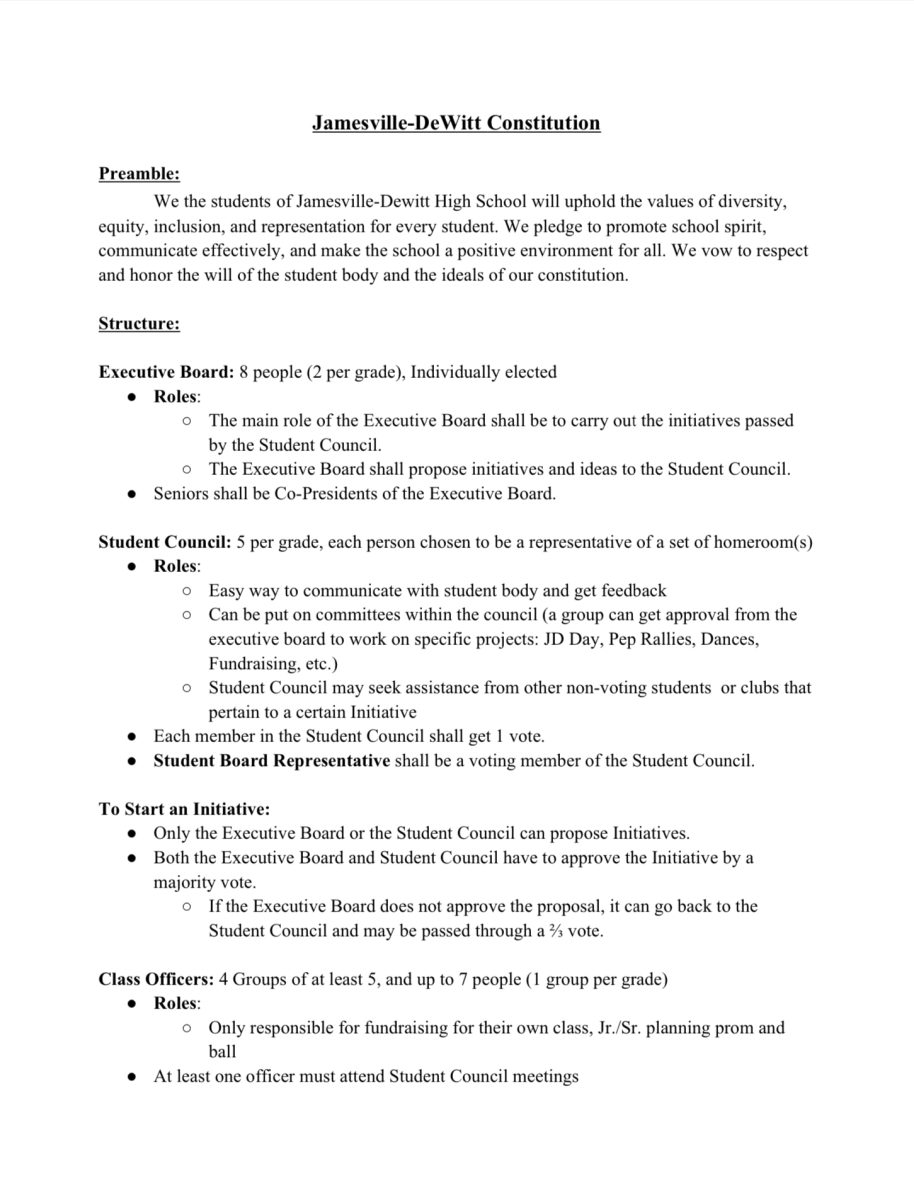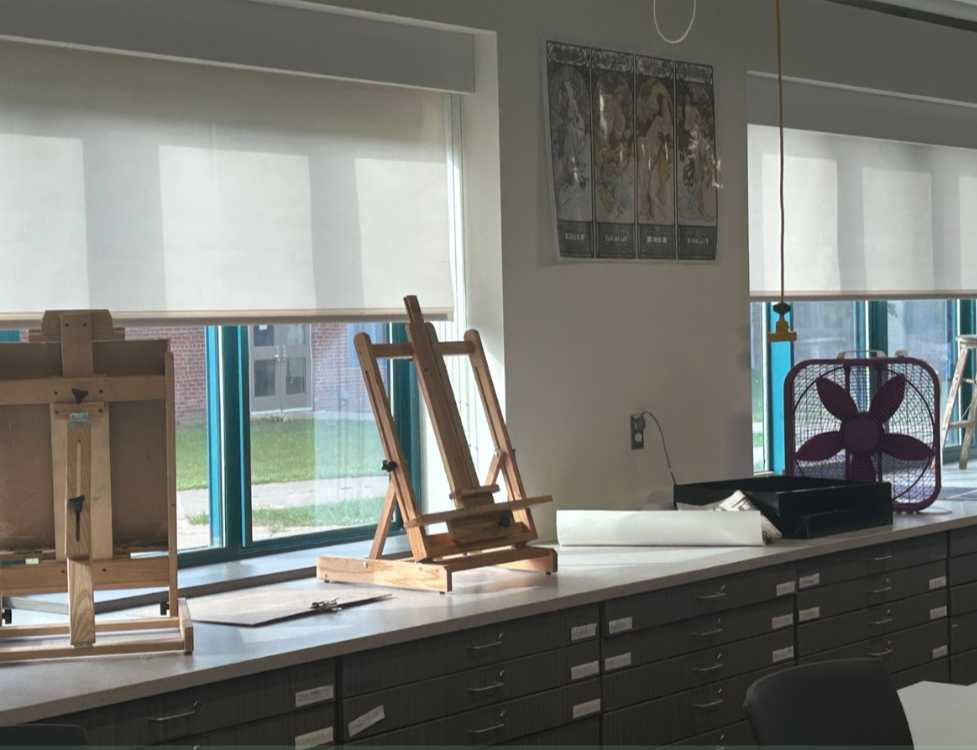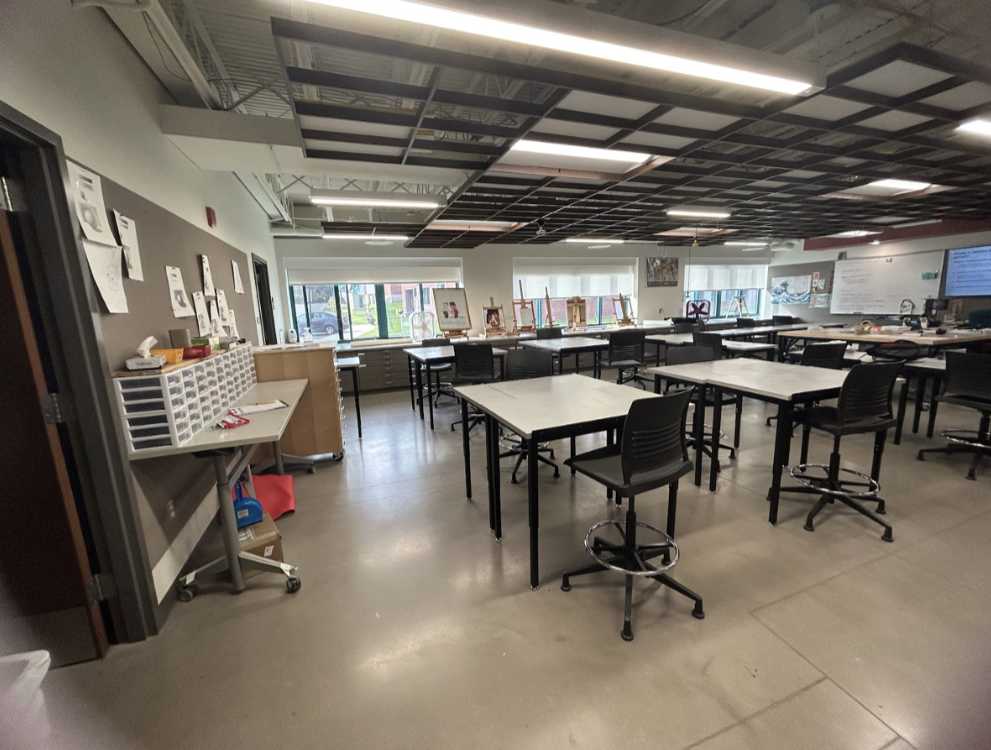J-DHS has had more network outages this year than the past 25 years combined. They happen sporadically and are disruptive to every student and teacher.
In April, what seemed to be a mishap to everyone turned out to be something much bigger. The network outage in April was a cyber attack on the Onondaga-Cortland-Madison Board of Cooperative Educational Services (OCM-BOCES). BOCES took immediate action, implementing a new system to defend against future attacks.
After months without an attack, the BOCES administration was convinced they had fixed the problem. However, in September, J-DHS had another outage. This was due to a different kind of attack on BOCES — a Distributed Denial of Service (DDOS) attack.
After the DDOS attack, security specialists from BOCES were assigned to analyze it. They found that this was a direct attack on BOCES. This is why the attack was more effective than most DDOS attacks targeting multiple random networks through a broadcast or the use of a tool found on the dark web, just to cause chaos. Furthermore, since this was a DDOS attack, there is no way to block these attacks from happening in the future.
Education Manager Phil Luckette said around 135,000 students, 50 school districts, and hundreds of schools are being affected. He does not know why someone would target BOCES, especially because the last attack was described as “volumetric.” This means the attack happened rapidly with so many requests that the network shut down within minutes. Unless someone has a grievance with a BOCES, there is no motive for the attacks. There was no financial gain, no data loss, no compromised passwords.

How does a DDOS attack work? As mentioned above DDOS stands for Distributed Denial of Service. DDOS attacks start on one computer. The attacker will download/write a program to send viruses to other computers. This virus will be hidden from view and will not harm the computer. Any computer receiving the virus will distribute it out to others. Also, each computer with the virus will send requests to a designated network. The network then receives too many requests, becomes overloaded and shuts down.
Math and computer science teacher Jay Lang described a DDOS attack in a useful way. He suggested imagining you own a pizza shop. A rival pizza shop sends millions of customers into your building. It would become so crowded that you would not be able to move or fill any orders. This is what a DDOS does to a network.
Since the network outages can bring lesson plans to a halt, our administration has brainstormed ideas to make us more flexible. One possible idea is a backup network hosted locally with an internet provider like Spectrum. The school would not be able to access email or financials, but access to the internet would not be interrupted.
These network outages have affected many teacher’s and student’s abilities to get work done. Both Lang and English and Public Speaking teacher Diane Rushford described the attacks as “crippling.”
The network outages have put Rushford’s class two full periods behind. Moreover, without internet service, she also could not contact students, other teachers, or parents through her email.
Many teachers post their homework on Google Classroom. Sometimes the actual document is posted, or they just post assignments for absent students. Along with this, teachers could not post grades online. They could grade papers but since the network was down, they couldn’t move any further. Students aren’t able to complete their classwork either. Many teachers have gone paperless, posting the actual assignments online.
Band, Orchestra, and Music Theory Teacher Daniel Blumenthal explained the music department’s struggle with the network outages. This year, J-DHS is renovating their auditorium. The music department needs to communicate with each other and other high schools to see where they can hold their concerts. Blumenthal said, “It throws a wrench in the way you’ve planned your day to go.”
Homeroom suffers significantly from the outages as well. Without internet service, teachers cannot submit attendance efficiently. Neither can they present the Positivity Project slideshows or access Ramfeed.































